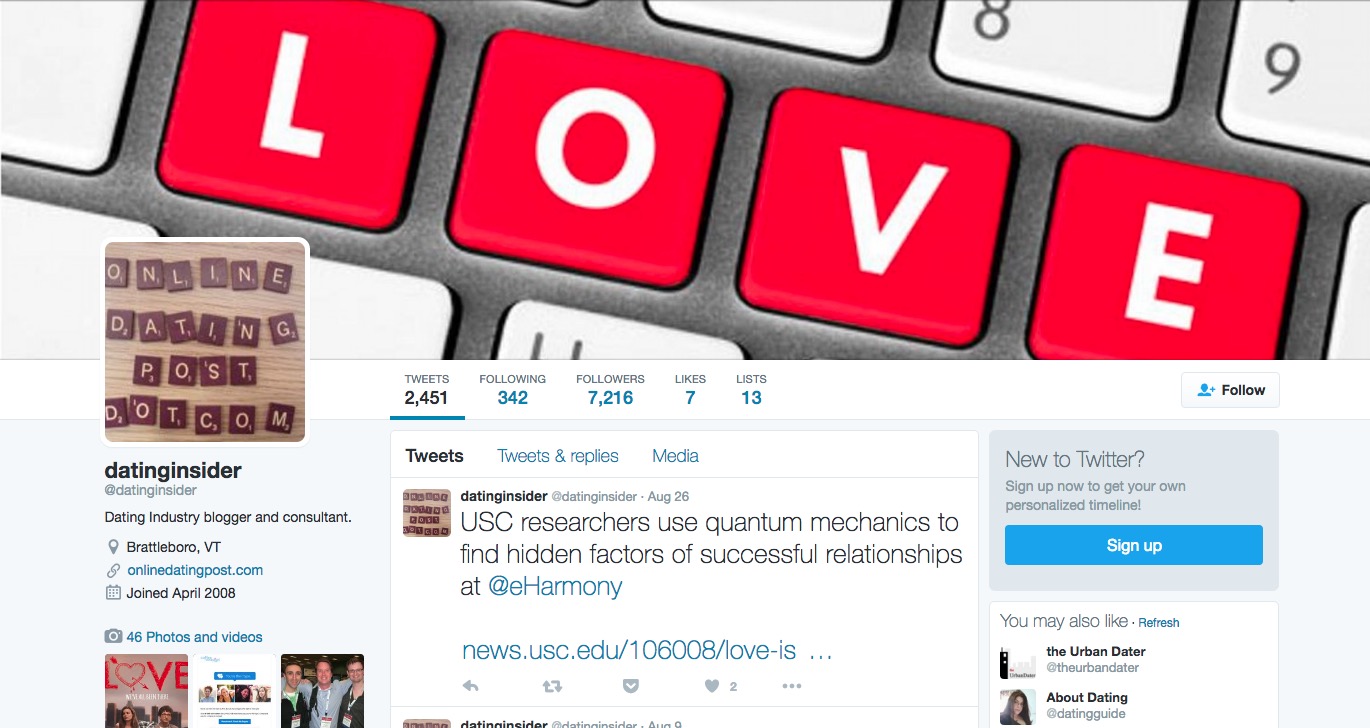A while back, Facebook came up with the United States Gross National Happiness. measurement.
When people in their status updates use more positive words–or fewer negative words–then that day as a whole is counted as happier than usual.
The graph contains several metrics. The first, GNH, represents our measure of Gross National Happiness. The other two, Positivity and Negativity, represent the two components of GNH: The extent to which words used on that day were positive and negative. Gross National Happiness is the difference between the positivity and negativity scores, though they are interesting to view on their own.
People post happier status updates around Holidays, which have their own negative rating as well (people who don’t like the holidays, Mother’s Day, etc.)
On Valentine’s Day, Facebook posted Relationships and Happiness, posing the question, Does having that someone special really make us happy?
People who are in a relationship seem less happy compared to married folks, but there is less variation in both positivity and negativity amongst married people.
People who do not disclose their relationship status are about 50% more negative than everyone else…. About 30% of women and 40% of men on Facebook are listed as single.
Let’s say that Facebook has approximately 100 million singles. That’s the same number of singles in the US. Can we use these rough estimates to predict how many singles will use Facebook to find a date? I don’t have singles-per-country data at hand, but I wonder if the 30% number holds true around the world.

